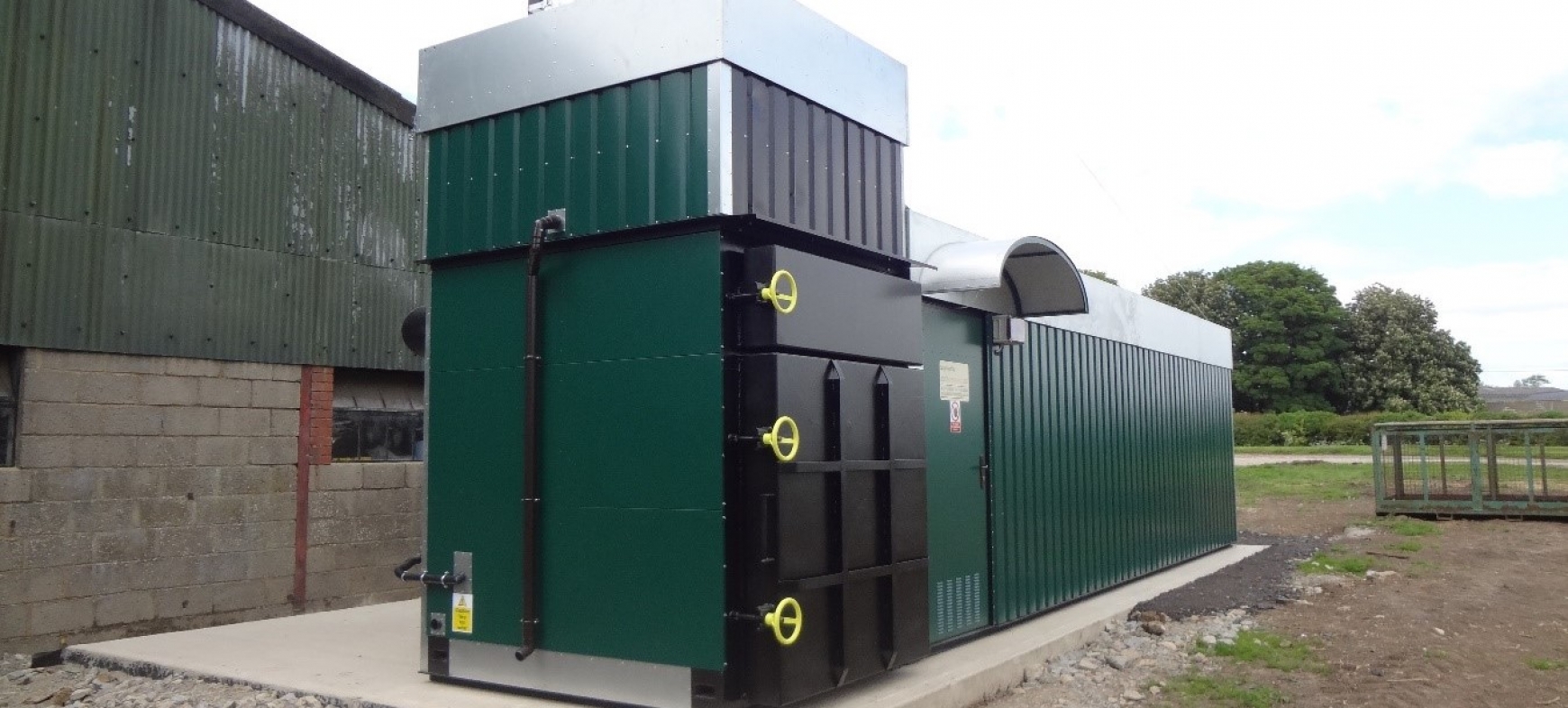Having the necessary planning permissions and the relevant environmental permits in place has always been a requirement for a Renewable Heat Incentive (RHI) application. As well as this, it is a legal requirement that applicants must take very seriously. In recent times, Ofgem has been more stringent with asking for these documents as part of the review process and ensuring that the installation is correctly reflected in these documents. At audit, these are documents that Ofgem will most certainly ask for.
So, to ensure that your RHI installation is compliant in this regard, what do you need to do?
Planning Permission
Whilst we’re not planning experts, here are some useful points that we have learnt from discussions with Ofgem and planning authorities:
- Permitted development rules only allow installations of less than 45 kW for domestic use. Therefore, they don’t apply to the non-domestic RHI, although there may be some agricultural exemptions. We have occasionally had a letter from the local authority to confirm that full retrospective planning is not required which is also suitable evidence for Ofgem in the most part.
- In the event that you do not have planning permission (for example where you believe that you are exempt), then a statement to this effect is required from the local authority.
- Planning permission (or proof that it is not required) must reference each individual plant, permission for a boiler house, for instance, would not be acceptable without stipulating the number and ideally the capacity as well as the heat use of the boilers.
Environmental Permits
There are potential requirements in relation to Environmental Permits, which you should seek advice on:
- If your project includes a biomass boiler that burns a waste you may need a WID (Waste Incineration Directive), SWIP (Small Waste Incineration Permit), or a Part A or Part B Local Authority permit or equivalent. However, there are exemptions for smaller systems like a ‘U4’ exemption for boilers that burn fuel at a rate less than 50kg/hour.
- If your project was commissioned after 20 December 2018 and the fuel input is greater than 1,000 kW (so potentially about 700 kW heat output) you might also need a Medium Combustion Plant Directive (MCPD) permit. This applies to all plants that combust, and may include backup fossil fuel boilers and generators.
- In the event that you do not have a permit (for example where you believe that you are exempt), then ideally a statement to this effect will be required from the local authority or Environment Agency.
If you are in the precarious position of not having any proof of planning, permits or proof that they’re not required, then you may be given some leeway to comply as far as RHI goes, but don’t count on it. Recent applications for accreditation will most likely be rejected if you do not have the necessary permissions in place.
If you have made any modifications to your plant or site that may require updated planning or permits, then this should be investigated and dealt with as soon as possible – regardless of the RHI, as mentioned earlier it is a legal requirement, even ignoring any potential reconciliation of RHI payments, there could be much more serious implications to not maintaining these documents!
For more information regarding Environmental Permits, please see our blog post - MCPD environmental permits: all you need to know.
If you need help with an RHI application, call the NFU Energy team on 024 7669 8899 and stay up to date with the latest RHI news at www.nfuenergy.co.uk.


